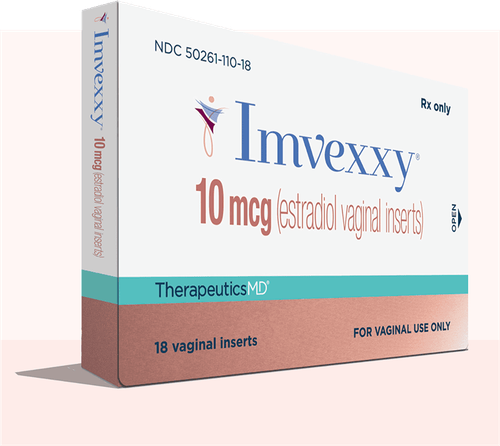This is an automatically translated article.
The article was consulted with Specialist Doctor II Pham Thi Tuyet Mai - Obstetrician and Gynecologist - Department of Obstetrics and Gynecology - Vinmec Hai Phong International General Hospital.For women, perimenopause and menopause are periods of many physical and psychological changes. Understanding what perimenopause is, what are the symptoms of perimenopause, how menopause affects women's health, etc. will help women prepare for the changes of their body. to proactively protect health in the best way.
1. What is perimenopause? What is menopause?
Perimenopause is a natural stage in all women, occurring between the ages of 42 and 47.5 years. During this period, hormone levels in a woman's body begin to decline as the ovaries reduce production of the sex hormones estrogen and progesterone. This stage is also known as the dormant phase. It represents the transition from being fertile to being infertile. Perimenopause occurs from the time before menopause and lasts until menopause.
Menopause begins when a woman's monthly menstrual cycle stops. Accompanied by some physiological changes of the body. This period usually begins in women between the ages of 45 and 55.
2. What are the symptoms of perimenopause?
Symptoms or signs of perimenopause vary from woman to woman, but in general, the following are common:
Irregular periods, hot flashes – sudden burning sensation in the face and spread all over the chest area. Night sweats, dizziness, suffocation, irregular heartbeat. Lack of concentration, easily confused. Temperament erratic and grumpy. Dry skin, vaginal dryness, decreased sex drive. There are symptoms of osteoporosis and joint pain. Cardiovascular diseases may occur.

3. How does perimenopause affect women's health?
In fact, perimenopausal disorders can continue for the first few years after a woman has gone through menopause, accompanied by physiological changes. The lack of estrogen after menopause can cause health problems in women such as:
Skin is less elastic, hair is easy to break, gradually gray hair. Osteoporosis, easy fracture, or painful joints. Cardiovascular problems such as hardening of the blood vessels, increased risk of coronary heart disease, high blood pressure, myocardial infarction,... Insomnia, sleep disturbances may occur. The body has metabolic disorders, leading to obesity and diabetes. Vaginal mucosa is atrophy, dry, easy to scratch and bleed, leading to a decrease in sex drive. Genital prolapse due to decreased elasticity of pelvic muscles and ligaments. A lack of estrogen leads to an increased susceptibility to urinary tract infections and urinary incontinence in postmenopausal women. There is an increased risk of genital cancers such as breast cancer, cervical cancer and uterine cancer.
4. How to stay healthy during perimenopause

In fact, perimenopause and menopause are two phases that occur in every woman. Aging that occurs in perimenopause and menopause is a natural change of the body due to the gradual decline in organ function, so the treatment of perimenopause should start from building a scientific, joyful, comfortable lifestyle, avoiding anxiety and depression, especially keeping an optimistic attitude and good spirit to protect your health during this period.
Some tips for premenopausal and menopausal women:
Supplement calcium for the body with foods such as fresh milk, yogurt, cheese,... to help keep bones stronger, prevent risks Osteoporosis. Eat beneficial fats such as fish, flaxseed oil, sunflower oil, ... to balance body hormones, reduce skin darkening, improve forgetfulness and reduce the risk of cardiovascular diseases. Increase green vegetables and fruits into your daily diet to add fiber, vitamin C and carotene - substances that work to slow down the aging process and reduce the risk of cancer. Drink enough water every day to hydrate the skin and help the body eliminate toxins more effectively. Limit the use of alcohol, coffee, tobacco and carbonated drinks, ... because they cause many health problems in menopausal women. Exercise for about 30 minutes a day to improve health, mood, maintain a beautiful figure and significantly reduce the symptoms of menopause. Maintain gynecological examination every 6 months for timely detection and treatment of gynecological diseases, especially genital cancers.
Please dial HOTLINE for more information or register for an appointment HERE. Download MyVinmec app to make appointments faster and to manage your bookings easily.














